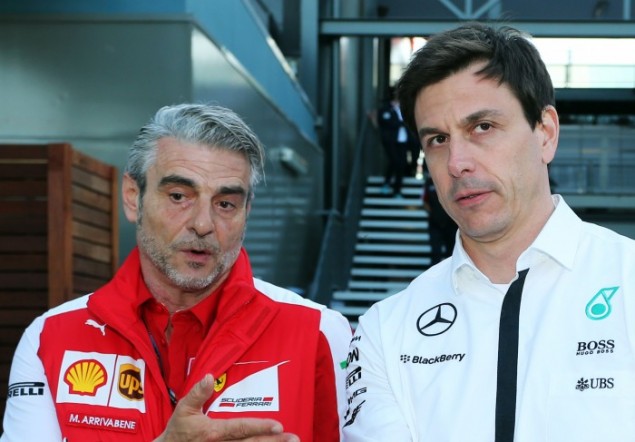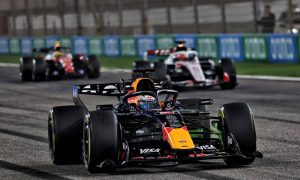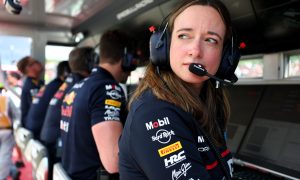
Both Ferrari and Mercedes have hit back at the FIA's plans to reduce customer engine fees in a bid to reduce overall Formula 1 costs and ensure the current crop of hybrid power units offer better value for money.
New engine regulations introduced in 2014 initiated the hybrid era along with its technologically complex power units, but the price of the novel drive trains has increased substantially. Current units are estimated to cost between 12 and 15 million pounds, a hefty price which the smaller customer teams like Sauber, Force India or Lotus struggle to pay.
On his quest to reduce Formula 1's costs, FIA President Jean Todt has suggested a customer engine fee capped at approximately 8 million pounds, an amount which departs greatly from both Mercedes and Ferrari's business plans.
While both manufacturers, which have obviously invested heavily in the latest generation V6 hybrid technology, may be willing to negotiate the sales price of their power units, they have also expressed their doubts as to whether the fee suggested by Tody would be economically achievable.
"We take the FIA's request seriously," Mercedes boss Toto Wolff told Germany's Auto, Motor und Sport. "But the current price is calculated according to our original business model. We acknowledge it's an important bit, so we are sharpening our pencils and looking at the situation and we promise to come back with an answer as to whether it is feasible or not."
Ferrari sporting director Maurizio Arrivabene echoed his Mercedes counterpart's argument, insisting a fair price taking everything into account must be determined.
"Let me know another product somewhere in the world where you have to sell something at a set cost," he said. "We are negotiating to make sure we will offer the engine at the best possible price, but we can't give a present to anyone. We cannot ask for less than what it costs."
Click here for a lighter look back at some scenes from the British Grand Prix
Keep up to date with all the F1 news via Facebook and Twitter







